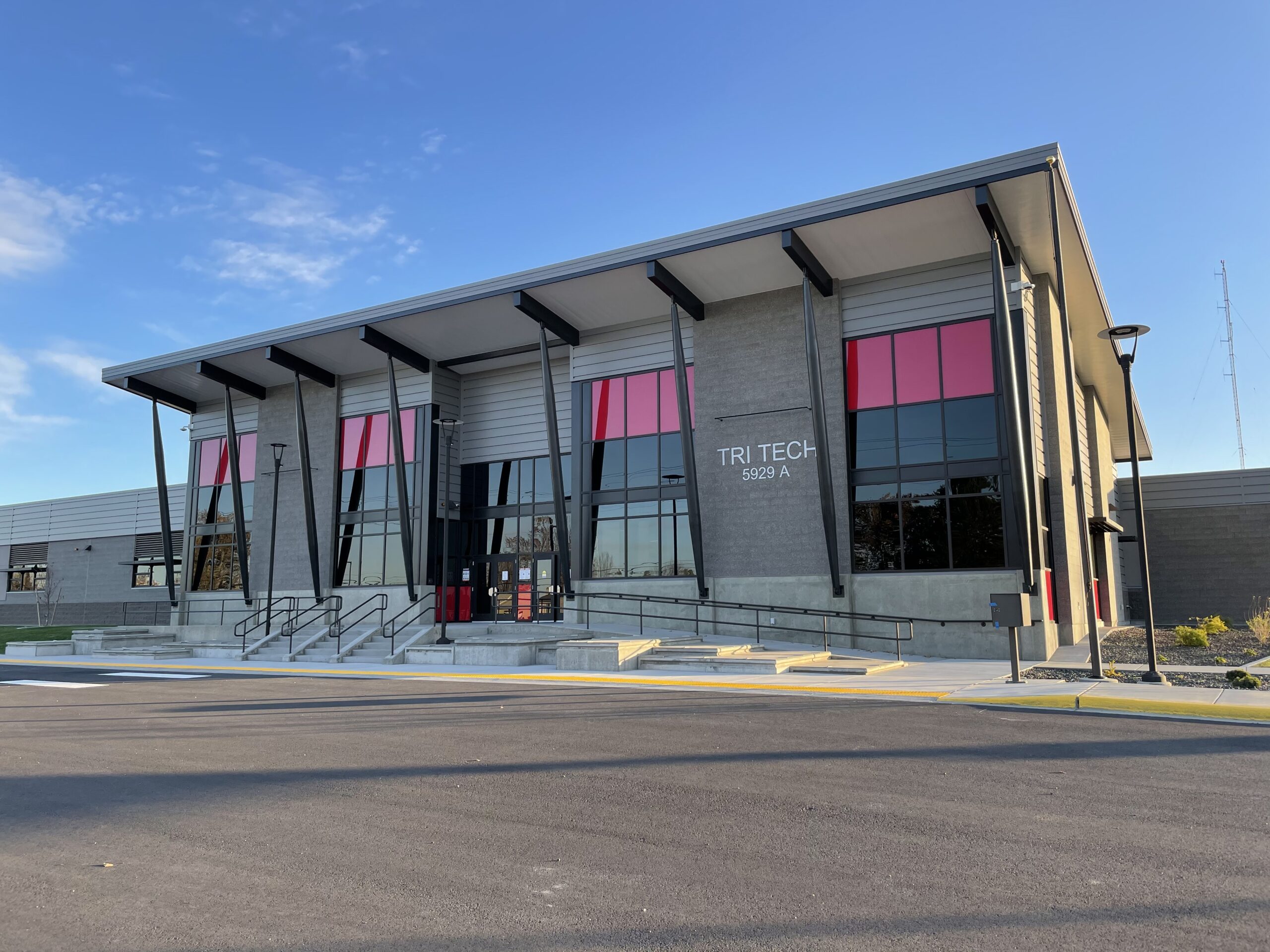As building owners and facility managers strive to optimize the performance and efficiency of their existing buildings, they often encounter budget constraints that can impede their efforts. However, with the right strategy and resources in place, existing building commissioning (EBCx) can provide a cost-effective solution to improve building performance while also maximizing return on investment. In today’s blog post, we will explore how building owners can leverage utility grants and incentives to implement EBCx projects, even with a limited budget.
Existing building commissioning is a systematic process of identifying and implementing cost-effective measures to improve the performance, comfort, and efficiency of existing buildings to improve overall longevity. The process involves evaluating building systems, identifying opportunities for optimization, and implementing measures to address deficiencies and improve overall performance.
One of the primary challenges faced by building owners when considering existing building commissioning projects is the cost associated. However, many may not know that commissioning can drive significant long-term savings through reduced energy consumption, decreased operating costs, and extended lifespan of equipment.
Fortunately, many utility companies and government agencies offer grants, incentives, and even rebates to encourage owners to invest in energy-saving upgrades. This includes existing building commissioning. These opportunities can support in offsetting the initial costs of commissioning and provide a financial incentive to pursue the efficiency updates. Both Puget Sound Energy and Seattle City Light offer multiple incentives and rebates to support energy-saving measures. These can be available when conducting energy audits, implementing recommissioning measures, and achieving energy performance targets.
Tips for Maximizing Incentives
- Research Available Programs: It is important to explore the different incentives offered by local utility companies and government agencies local to your building to determine the best option for you while also determining eligibility for the application process.
- Partner with an Experienced Commissioning Firm: It is crucial to work with a reputable commissioning firm that has the experience needed to navigate the utility programs and how to maximize the incentives for your project.
- Develop a Comprehensive Commissioning Plan: Developing a detailed commissioning plan that delivers an outline of your project goals, scope, and expected outcomes provides the value of your project to the utility program administrators.
- Document & Track Energy Savings: Document your facility energy savings through commissioning measure and provide detailed documentation to your utility programs to qualify for the incentives and rebates.
By leveraging utility grants and incentives, building owners can overcome budget constraints and implement cost-effective existing building commissioning projects to improve building longevity. With the support of experienced commissioning professionals and the availability of financial incentives, existing building commissioning projects become an attainable solution for optimizing your building performance while maximizing return on investment. If you have any questions about your facility or would like to learn more about how to leverage local utility grants and incentives for existing building commissioning, please reach out. Our team of experts is here to help you achieve your building performance goals while staying within your budget.

